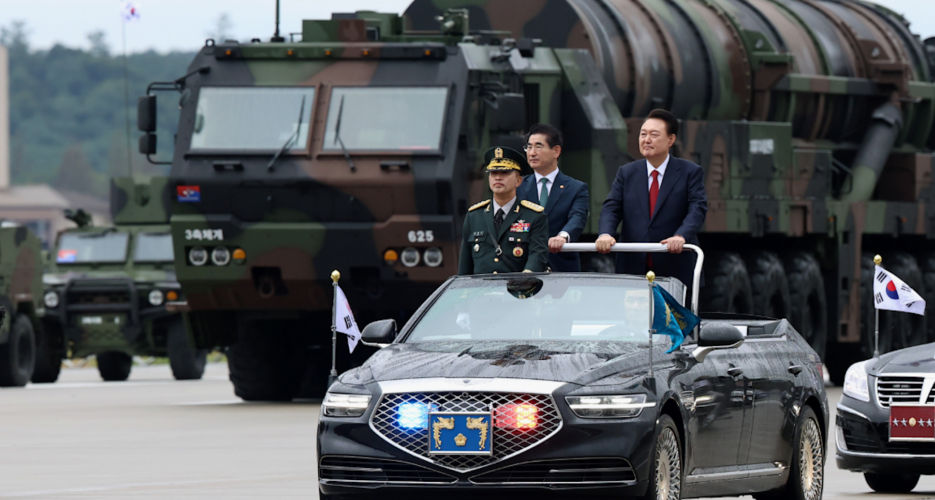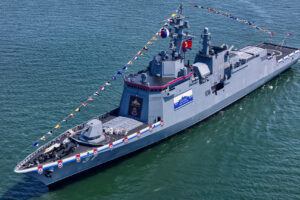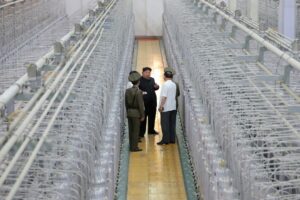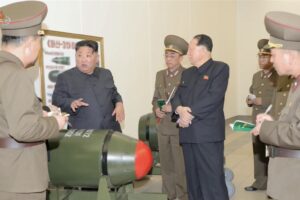Prosecutors are investigating President Yoon Suk-yeol for possible treason after the prime minister and ruling party leader suggested Yoon is no longer involved in day-to-day governance of the country.
South Korea now faces a constitutional crisis stemming from what experts describe as a legal loophole the People Power Party (PPP) is exploiting to compel Yoon to step down, but what this means and how long it is supposed to take is unclear. There appears to be no clear command authority to respond to a North Korean attack or other crisis.
Prosecutors are investigating President Yoon Suk-yeol for possible treason after the prime minister and ruling party leader suggested Yoon is no longer involved in day-to-day governance of the country.
South Korea now faces a constitutional crisis stemming from what experts describe as a legal loophole the People Power Party (PPP) is exploiting to compel Yoon to step down, but what this means and how long it is supposed to take is unclear. There appears to be no clear command authority to respond to a North Korean attack or other crisis.
Try unlimited access
Only $1 for four weeks
-
Unlimited access to all of NK News: reporting, investigations, analysis
-
Year-one discount if you continue past $1 trial period
-
The NK News Daily Update, an email newsletter to keep you in the loop
-
Searchable archive of all content, photo galleries, special columns
-
Contact NK News reporters with tips or requests for reporting
Get unlimited access to all NK News content, including original reporting, investigations, and analyses by our team of DPRK experts.
Subscribe
now
All major cards accepted. No commitments – you can cancel any time.










